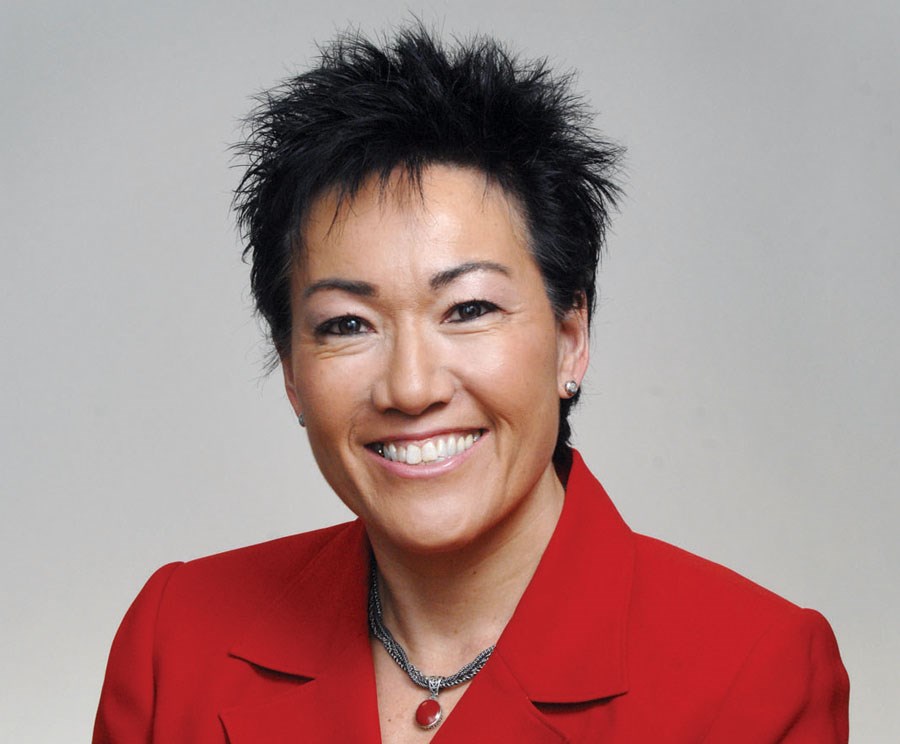The NDP presented a fiscal plan Thursday that calls for three years of deficits, tax increases on corporations and the wealthy as well as a broadening of the carbon tax.
"What we've laid out today is the increased revenue that we will bring in to pay for all the new spending that's going to be announced in our platform," Prince George-Valemount NDP candidate Sherry Ogasawara said.
The NDP will announce their spending priorities in the coming days but Ogasawara said they would have to run a deficit in their first three years in office if elected because they don't believe the Liberals budget is actually balanced. The NDP object to how certain asset sales were counted and believe that some spending was understated.
"What we feel is we're laying out a responsible, prudent, fiscal plan for British Columbians," Ogasawara said. "We're going to say what we're going to do and then we're going to say how we're going to pay for it so that there are no surprises."
Both Prince George-Valemount Liberal MLA Shirley Bond and Prince George-Mackenzie Conservative candidate Terry Rysz characterized the NDP plan as "tax and spend" and said it could hurt the economy.
Bond stands by her party's budget and said the deficits the NDP propose will burden future generations as well as the provincial credit rating.
"I can assure you that with a plan that calls for three years of deficits - and we have no idea how big that deficit will be - this will impact British Columbia's fiscal future and certainly its credit rating," she said.
On the tax side, the NDP have said they will raise the corporate rate by one percentage point, increase taxes on those making over $150,000 a year and add a capital tax on financial institutions. The carbon tax will also be broadened to including venting from oil and natural gas sites, which the party estimates are responsible for five per cent of provincial greenhouse gas emissions.
"It's a modest and targeted tax increase and it's going to be rolled out in a very prudent way," Ogasawara said, noting 98 per cent of individuals and small businesses won't see an increased tax bill.
Rysz said the tax plan could have significant implications for investment.
"The outcome will be a province where more companies are closing their doors and leaving, taking good paying jobs that all British Columbians need away and heading the province towards a recession of their own making," he said.
The change to the carbon tax is intended to both raise revenue as well as act as an incentive to decrease emissions, according to Ogasawara.
"It's to help drive down emissions and meet the legislative targets, it's not intended to be something that's punitive to oil and gas," she said.



